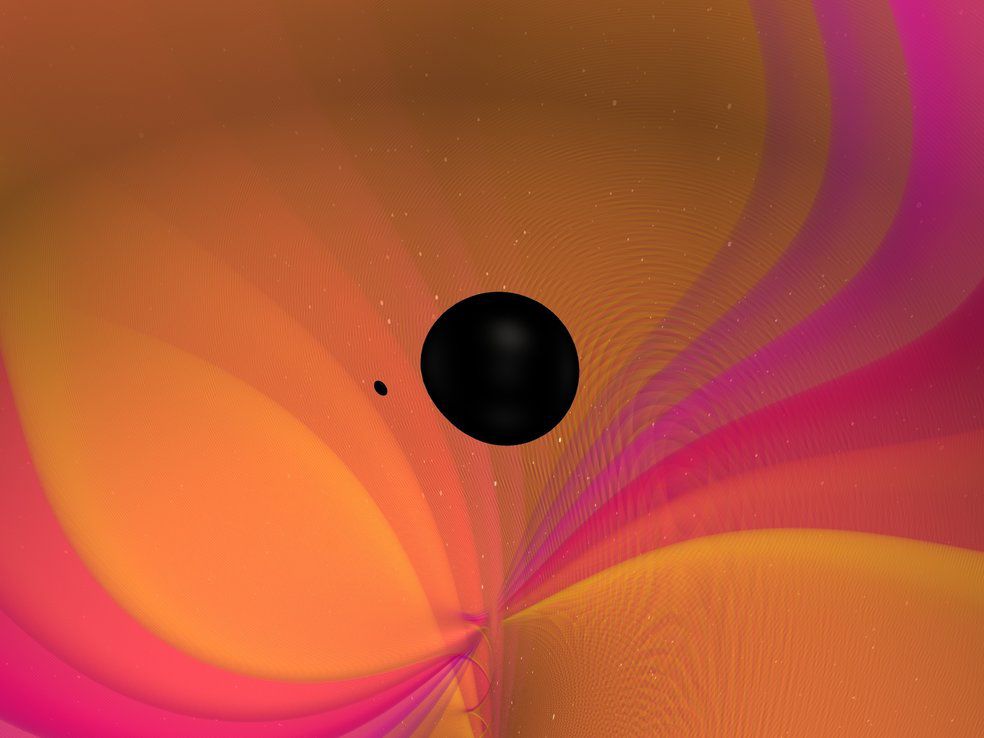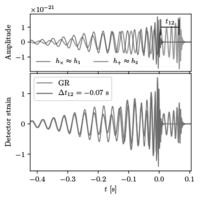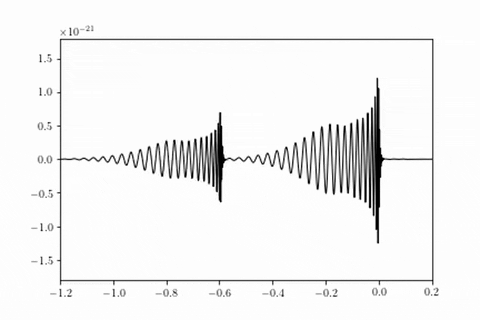- Joined
- 21 April 2009
- Messages
- 13,161
- Reaction score
- 6,034
Astronomy News, Tools & Tech For Kids | Moon And Back
Can anti-gravity propulsion be far behind?

I've heard of SSBNs being so quiet that they are described as "Black Holes in the ocean"DWG said:Well, if you have two submarines the size of large black holes colliding, maybe
Hmm, 14th Aug may be when a friend was complaining of their LIGO scientist husband being dragged out of bed by their pager at Oh-God-is-that-the-time-you-cannot-be-serious AM.

The safety case for generating and then colliding two supermassive black holes in the lab is probably a bit of a bugger.Im curious if anyone would think to generate its own form of Gravitiational wave now.

Their paper lays out the conditions for how to find such effects in future data. The next LIGO run is scheduled to begin in 2022, with an upgrade to make the detectors even more sensitive than they already are.
"In our last observing run with LIGO, we were seeing a new gravitational wave reading every six days, which is amazing. But in the entire universe, we think they're actually happening once every five minutes," Ezquiaga said. "In the next upgrade, we could see so many of those—hundreds of events per year."
The increased numbers, he said, make it more likely that one or more wave will have traveled through a massive object, and that scientists will be able to analyze them for clues to the missing components.

